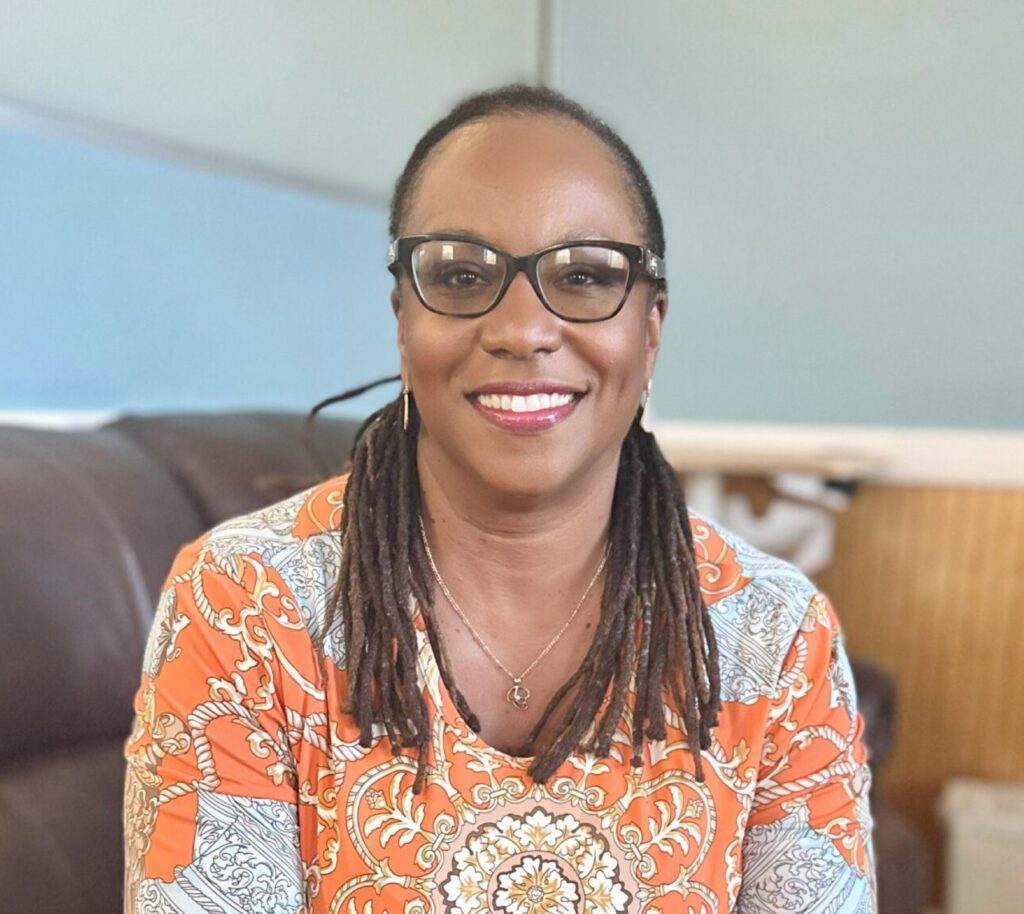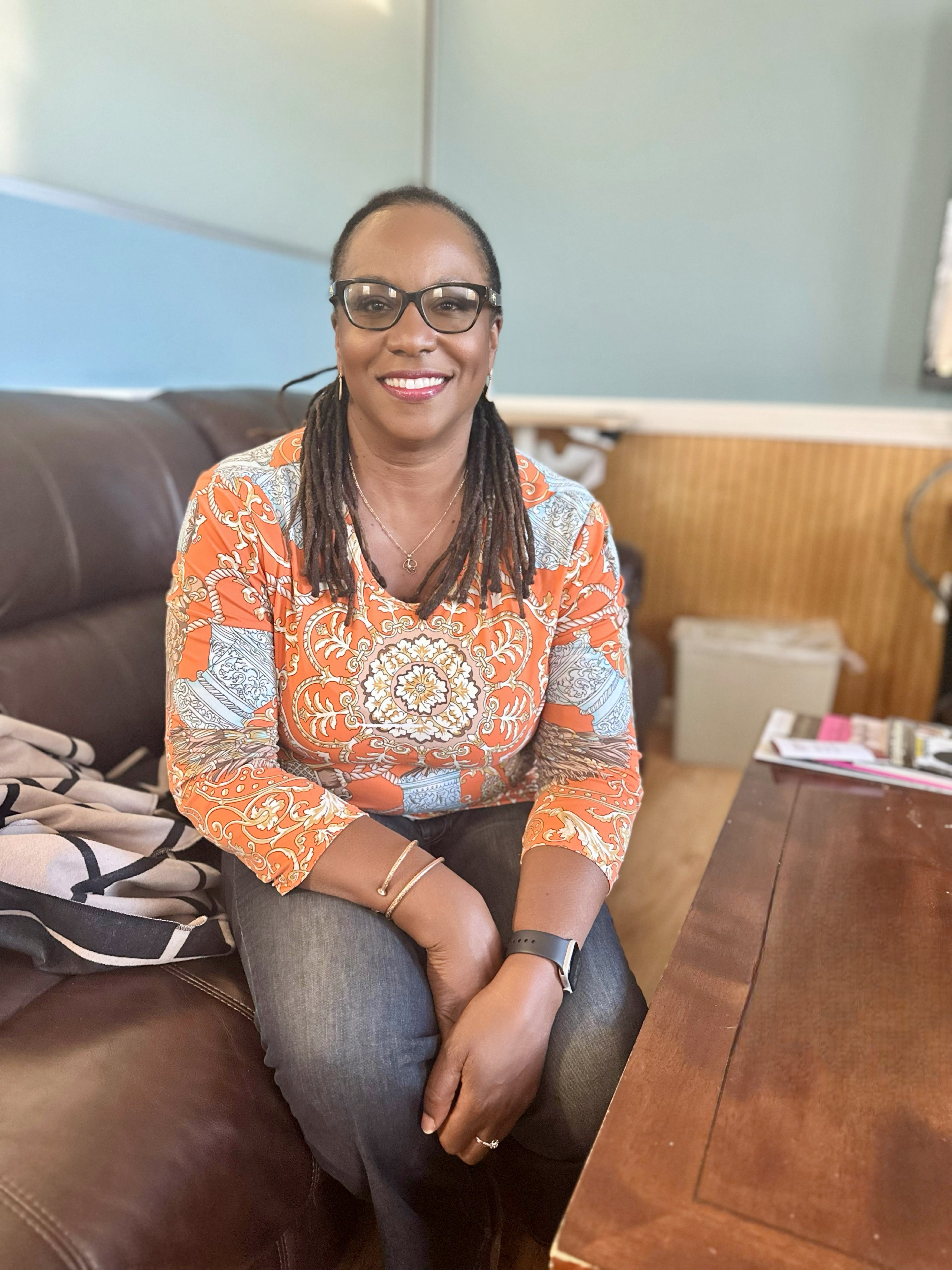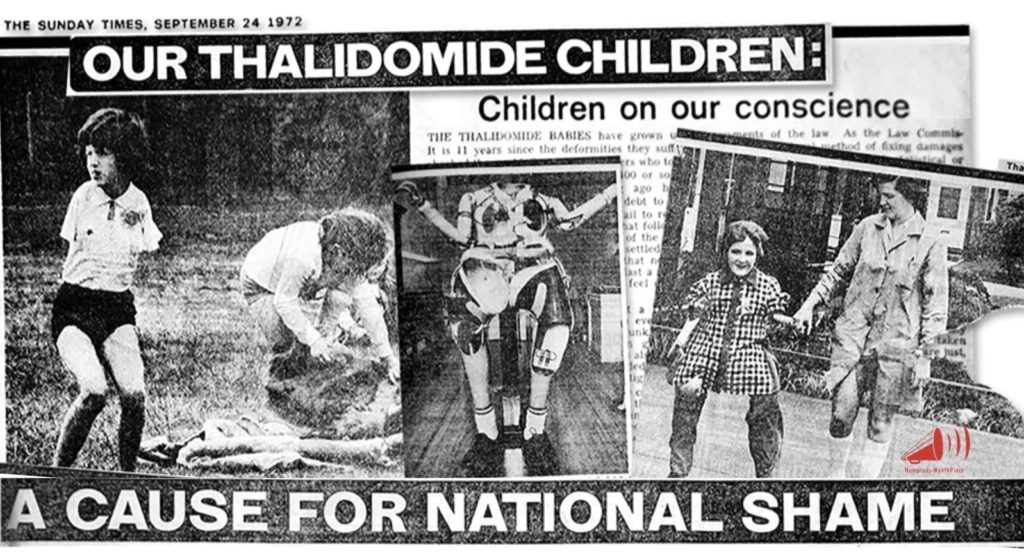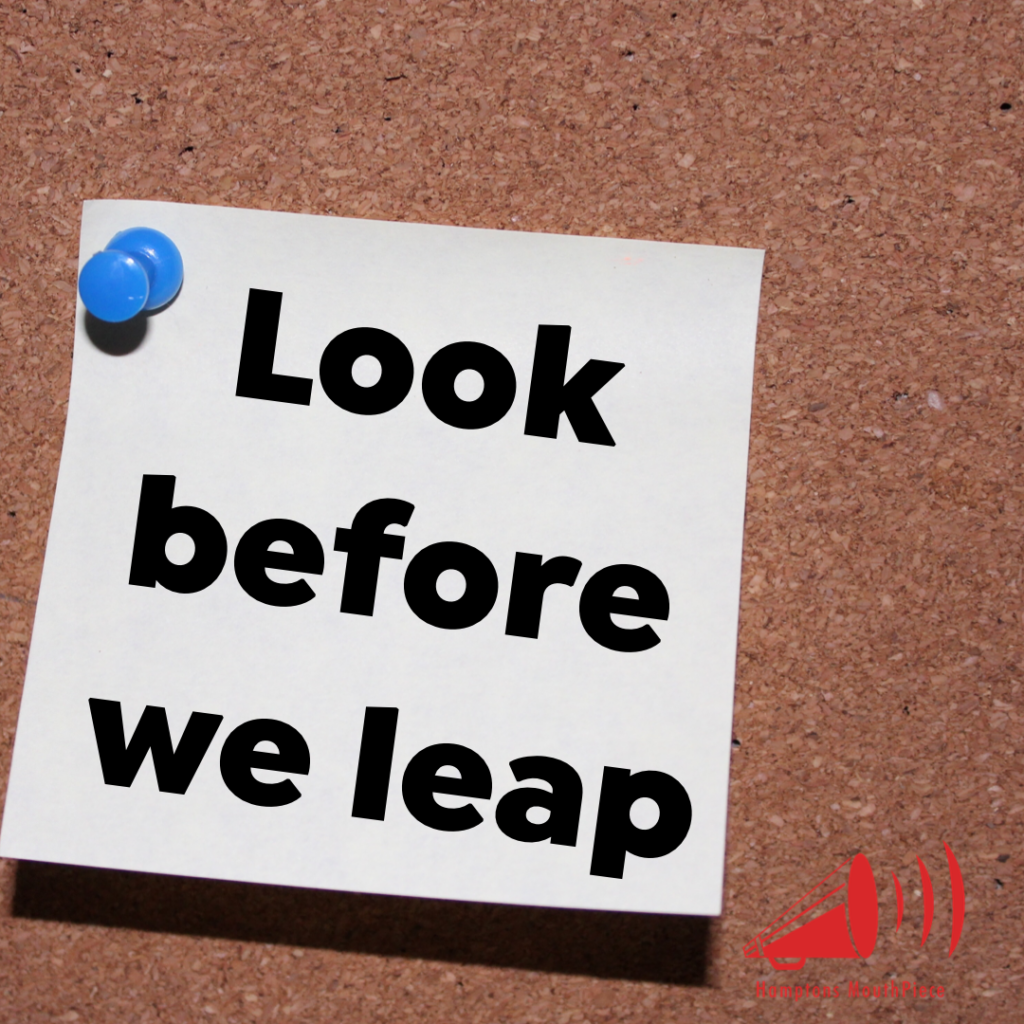January 2018: The Moment Everything Changed
In January 2018, I made a life-changing decision—I chose me.
Wellness Journey: As a mother, it’s second nature to prioritize your children above all else. For years, I poured from an empty cup, thinking self-sacrifice was the ultimate expression of love. But in October 2017, someone said something that shook me to my core. I was already grieving the death of my mother, barely holding myself together, and suddenly, I found myself spiraling.
For the next two months, I tried not to fall apart. I was hurting, but I kept showing up for everyone else. And then, with the clarity that only comes from emotional exhaustion, I knew it was time to shift.
Releasing the Weight That Wasn’t Mine
That January, I confronted someone who had haunted my thoughts for years. I released the guilt I had lived with for far too long—because I realized it wasn’t mine to carry. That confrontation marked the beginning of my wellness journey and the start of reclaiming my peace.
Soon after, I experienced a health scare with Bell’s Palsy. While it was physically and emotionally draining, I believe the mindset work I had begun helped me recover faster. Choosing to prioritize my mental wellness made all the difference.
Five Years of Mental Work
Healing the mind is an essential part of any wellness lifestyle, and this was the part of me that needed the most attention. For five years, I worked through trauma in therapy, faced my fears, and made difficult decisions to eliminate triggers in my life. It wasn’t easy—but it was necessary.
2023: A Year of Awareness and Awakening
In 2023, everything changed again—I was diagnosed with sleep apnea. That diagnosis explained so much. For years, I had struggled with fatigue, brain fog, mood swings, and stubborn weight gain, even when I thought I was doing everything “right.”
Sleep apnea can wreak havoc on your health. The lack of quality sleep affects metabolism, hormone balance, memory, and weight. Once I began treatment, I finally started to feel like myself again. My energy returned. My focus improved. And the scale started to move—not because I starved myself, but because my body was finally functioning as it should.
Starting My Fitness Journey
With my sleep under control and my mind in a better place, I felt ready to take on a new challenge: physical fitness.
I began with a full medical evaluation to ensure I could safely begin working out. With my doctor’s clearance, I hired a coach who taught me how to heal my relationship with food and embrace strength training.
Now, two years later:
• I workout at least three times a week, I try hard to incorporate strength training to my week at least twice a week, sometimes I forget and sometimes I just don’t feel like working out and that is ok. I answer only to myself.

• I have a balanced, respectful relationship with food.
• I’m learning to love my body through every phase.
2024: A Life-Changing Decision—Breast Reduction Surgery
In 2024, I made another major decision—I had breast reduction surgery.
This was not just a cosmetic choice. It was about freedom. For years, I had experienced back and neck pain, poor posture, and physical limitations due to my breast size. After surgery, the relief was almost immediate.
I could move more freely, breathe deeper, and feel lighter—not just physically but emotionally. My workouts became easier. My confidence grew. I felt more aligned with the woman I’ve worked so hard to become.

What’s Next: The Journey Continues
My wellness journey isn’t over—it’s evolving. This year, I’m facing new challenges and goals that are stretching me in new ways. I’ll be sharing more about that as my Wellness Journey continues, so stay tuned. I’m grateful for my husband, my incredible daughters and my best friends who have given unconditional support during these last 8 years. I am forever grateful.
Healing isn’t linear. But it’s possible. And it all begins with one choice—to put you first.









